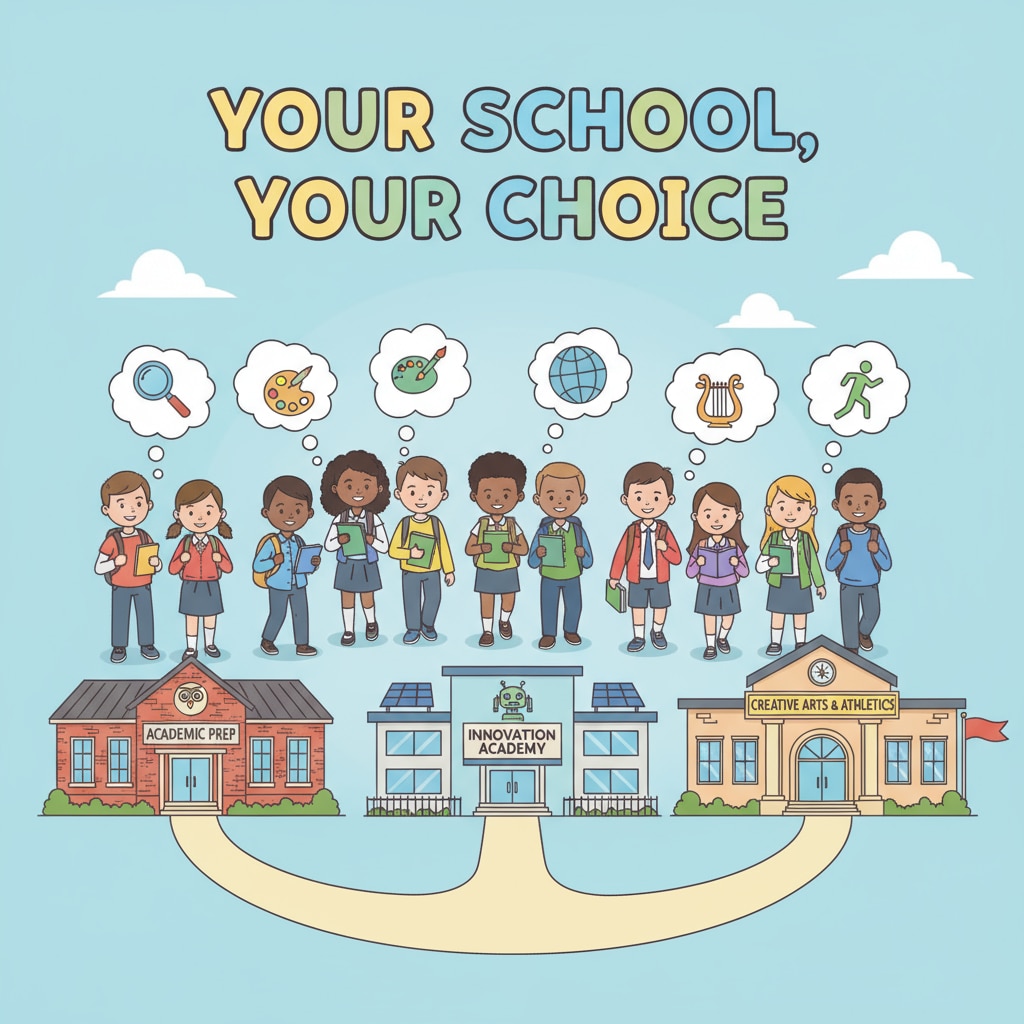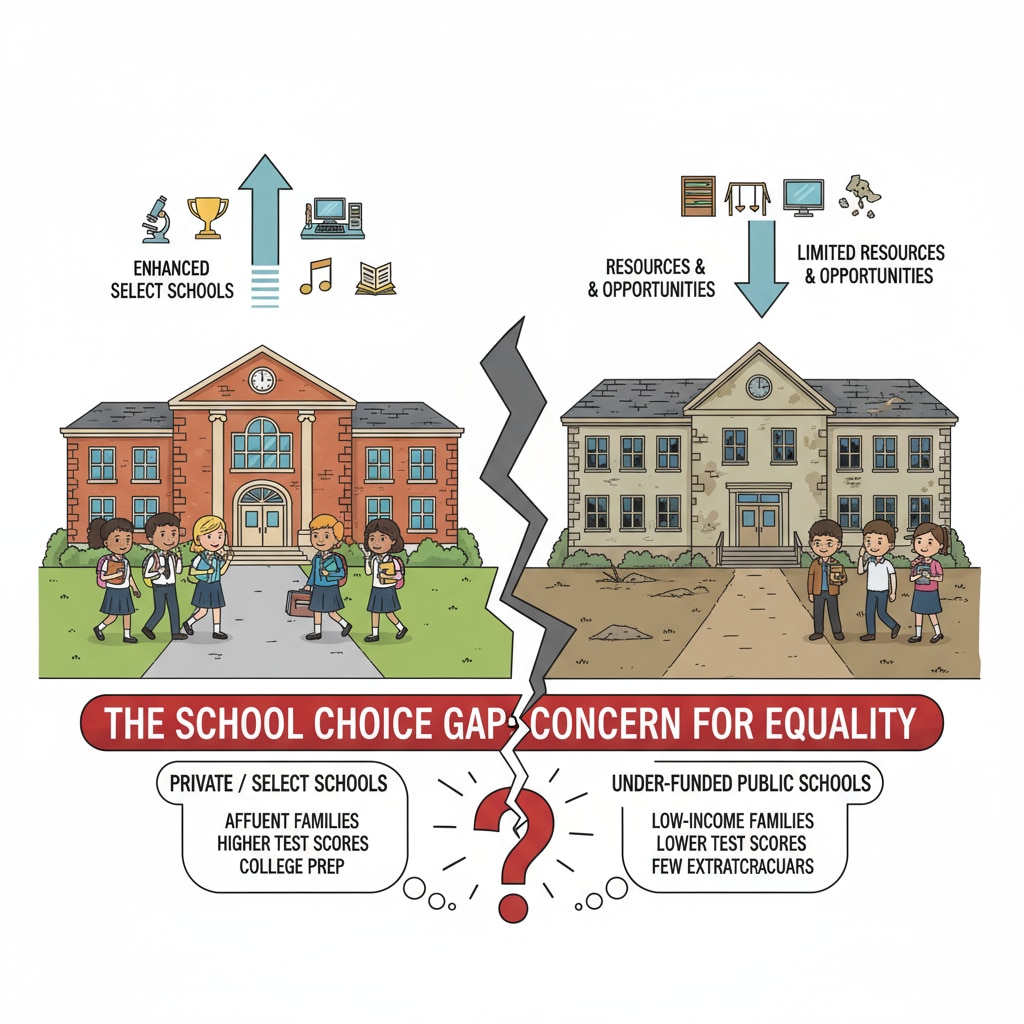In the realm of education policy, the concept of “school choice” has long been a topic of debate, especially among conservatives. School choice generally refers to policies that allow parents to select the school their children attend, rather than being zoned to a particular neighborhood school. This has been a divisive issue within the conservative camp, with a notable shift in stance recently.

The Traditional Conservative Support for School Choice
Historically, conservatives have been strong proponents of school choice. Their support was grounded in several principles. Firstly, they believed in the power of competition in the education market. By giving parents the ability to choose, schools would be forced to improve their quality to attract students. For example, a school with better academic results and a more engaging curriculum would likely draw more students, putting pressure on underperforming schools to up their game. School choice on Wikipedia
Secondly, conservatives emphasized parental rights. They argued that parents should have the freedom to decide what kind of education is best for their children, whether it’s a traditional public school, a charter school, or a private school. This was seen as an extension of individual liberties and the right to make choices regarding one’s family.
The Emergence of Opposition within the Conservative Group
However, in recent times, there has been a growing opposition to school choice among conservatives. One of the main concerns is related to the potential for increased inequality. Critics worry that school choice could lead to a situation where more affluent families are able to send their children to the best schools, leaving behind disadvantaged students in underfunded and underperforming schools. As a result, the gap between the rich and the poor in terms of educational opportunities would widen.

Another issue is the impact on local communities. When students are able to choose schools outside of their neighborhoods, it can disrupt the sense of community in local schools. Schools might lose the connection with the community they were originally meant to serve, and this could have negative implications for things like parental involvement and community support for education. Education policy on Britannica
The opposition within the conservative group also stems from concerns about the ideological direction of some schools available through school choice. There are fears that certain schools might promote values that go against traditional conservative beliefs, such as in the areas of social and moral issues. This has led some conservatives to question whether school choice is truly in the best interest of their children and society as a whole.
In conclusion, the shift in the conservative stance on school choice is a complex phenomenon. It reflects the ongoing tension between the principles of competition, parental rights, and the need to ensure equal educational opportunities and maintain community values. As the debate continues, it will be crucial to find a balance that addresses the concerns of all stakeholders. This shift in the conservative position will undoubtedly have a significant impact on the future of the US K12 education system, and policymakers will need to carefully consider these factors when formulating education policies.
Readability guidance: The article uses short paragraphs and lists to summarize key points. Each H2 section provides a list of related ideas. The proportion of passive voice and long sentences is controlled, and transition words are scattered throughout the text to enhance readability.


